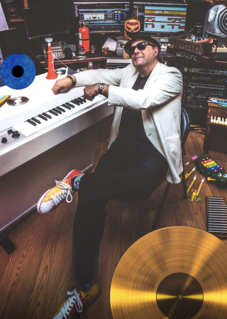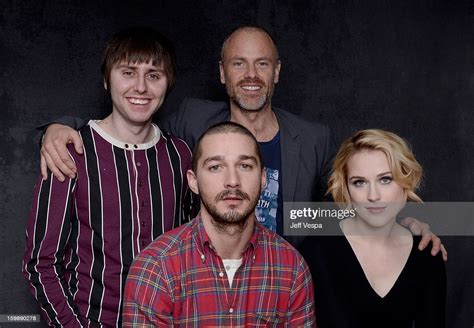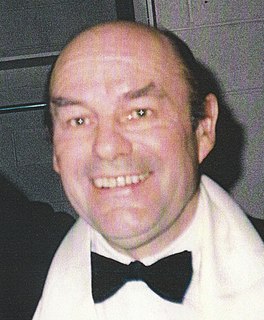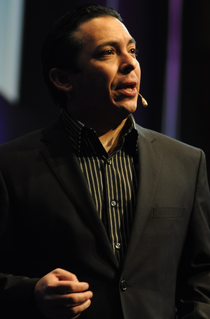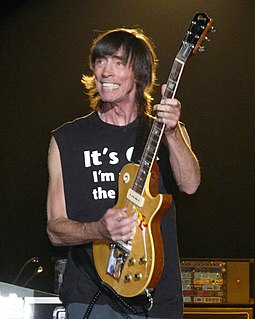A Quote by George Dyson
Digital organisms, while not necessarily any more alive than a phone book, are strings of code that replicate and evolve over time. Digital codes are strings of binary digits - bits.
Related Quotes
The digital age is for me in many ways about temporal wounding. It's really messed up our ontological clocks. In the digital economy, everything is archived, catalogued, readily available, and yet nothing really endures. The links are digital encryptions that can and won't be located. That will have to be reassembled over time. It won't be exactly what it was. There will be some slightly altered version. So the book is both an immaterial and material artifact.
I like the strings. I always have. Because that's how it feels. But the strings make pain seem more fatal than it is, I think. We're not as frail as the strings would make us believe. And I like the grass, too. The grass got me to you, helped me to imagine you as an actual person. But we're not different sprouts from the same plant. I can't be you. You can't be me. You can imagine another well – but never quite perfectly, you know?
I believe that every photographer, every artist, should choose materials and equipment based on their own vision. I don't believe that non-digital is necessarily better than digital, or the reverse for that matter. They are just different, and it is my preference and choice to remain with the traditional silver process, at least for the time being.
In every part of the world with which I am familiar, young people are completely immersed in the digital world - so much so, that it is inconceivable to them that they can, for long, be separated from their devices. Indeed, many of us who are not young, who are 'digital immigrants' rather than 'digital natives,' are also wedded to, if not dependent on, our digital devices.




